Editorial: West-engineered fall of Syrian govt. won’t alter equations of resistance axis
The dramatic turn of events in Syria has come as a surprise to many after a cluster of militant groups took control of Damascus and forced President Bashar al-Assad to leave the country.
The “regime change” plot in Syria had been in the works for years, with the involvement of various international and regional actors sharing one goal – the overthrow of the Assad government.
What happened now could have happened 13 years ago when there was a consensus among some Western and Arab states to bring down the democratically-elected Assad government.
In fact, the decision to oust Assad from power was made even before 2011, in 2005, following the assassination of former Lebanese Prime Minister Rafic Hariri. The West decided to use that opportunity to remove the Lebanese resistance movement Hezbollah from the scene.
Given Syria’s strategic importance for Hezbollah and the resistance front, they sought to use Assad’s good offices to execute their malignant plot against the Lebanese resistance movement.
In some meetings between Western officials and Assad following Hariri’s assassination in early 2005, he was offered control over Lebanon in exchange for disarming Hezbollah. However, he checkmated them by pulling out his troops from the country to avoid falling into a vicious trap.
It was then that the Western bloc decided Assad must go, as he refused to enter any deal that would compromise his government’s support for the resistance front. Notably, it was this resistance front that thwarted Western plots for almost two decades against Lebanon and Syria.
From the horrors of Daesh, a Takfiri terrorist group with territorial ambitions over all Muslim countries in the region, we are now faced with a combination of terrorist and armed opposition groups that limit themselves to Syria, some even to specific parts of the country.
This clearly shows that, though it is not a good day for the resistance front, the bigger evil has already been defeated, and the resistance has successfully foiled many plots against the region.
Syrian army's inability to respond and unexpected pace of developments was surprising: FMhttps://t.co/SZgYEFN7EU
— Press TV 🔻 (@PressTV) December 8, 2024
As Iran’s Foreign Ministry noted in a statement on Sunday, Syria’s sovereignty and territorial integrity must be respected, and the fate of the country must be decided by the Syrian people, not outsiders.
Outside interference is what wreaked havoc in the Arab country over the years, particularly the impious plots engineered by the US and European states along with the Israeli regime against Syria.
To undermine the democratically-elected government in Syria and weaken its support for the Axis of Resistance, the United States and its allies weaponized sanctions against the country.
In 2011, before the Western-backed insurgency broke out in Syria, the country had a stable government and a prosperous society. It is estimated that Syria’s foreign reserves were around $20–22 billion at the time, and the armed forces consisted of nearly 300,000 active personnel.
After the advent of anti-government insurgency, a few thousand military personnel joined the enemy’s camp, swayed mostly by lucrative financial perks and psychological warfare.
In the following years, as militancy aggravated, the country’s thriving economy was wrecked by crippling and cruel sanctions, which pushed people toward poverty and fomented discontent.
The armed forces were equally affected by the deteriorating economic situation, especially after the US government announced additional sanctions against Syria under the so-called ‘Caesar Act’ in December 2019, forcing many of them to switch sides to sustain their families.
Thus, the Syrian army faced internal collapse due to draconian economic pressures. Despite the Assad government’s strenuous efforts to manage the situation, it wasn’t enough.
With the national armed forces disintegrating and demoralized, no other force could substitute them. However, despite their involvement in other regional developments, from Gaza to Lebanon, Syrian government allies were ready to provide military help upon Damascus’ request. Yet, foreign forces can only support Syrian forces, not replace them.
The Islamic Republic of Iran, for its part, resolutely stood alongside the government and people of Syria until the last day, offering every form of assistance required by the Damascus government.
President Assad, in his final days in office, appeared confident that he could protect Syria, but the situation dramatically spun out of control, plunging the country into an era of uncertainty with potential ripple effects for all of Syria’s neighbors.
But will these unsavory developments affect the resistance axis? Throughout the years, the resistance has not depended on anyone. Even before Syria became the logistic route for the resistance, Hezbollah and other movements had established themselves as forces to reckon with.
This will continue in the future as well. The resistance movements in Yemen and Gaza have been virtually cut off from their supporting countries, but they still find ways to persist.
The latest war between Hezbollah and the Zionist regime proves this. Despite the regime bombing all routes between Syria and Lebanon, the Lebanese resistance maintained the upper hand and forced the embattled Benjamin Netanyahu regime to seek a ceasefire deal with Lebanon after Hezbollah’s historic 'Black Sunday' operation in the heart of Tel Aviv.
The Zionist regime's rapid advancement into Syria, beyond the occupied Golan Heights after the fall of the government in Damascus, underscores its long-standing ambition to materialize the idea of ‘Greater Israel’ by occupying more Syrian territory.
The countries that backed these terrorists and armed opposition forces to overthrow the Assad government should now ponder how they will resist Tel Aviv’s expansionist agenda when the regime forces knock on their borders.
Time will prove that those who cheered for the fall of the Syrian government were the real losers.
Israel has slaughtered 13000 students in Gaza, West Bank
VIDEO | More Zionist than Zionists: Biden’s legacy to be defined by Gaza genocide
Hamas confirms handing approval of Gaza ceasefire deal to mediators
VIDEO | Iran: Show of strength
UNRWA will ‘stay, deliver’ aid to Palestinians despite Israel’s ban: Lazzarini
Explainer: What makes Iran's Rezvan and Raad loitering munitions prized assets?
VIDEO | Unseen agony: Missing loved ones of genocide in Gaza
Iran cuts gold import tariff to zero





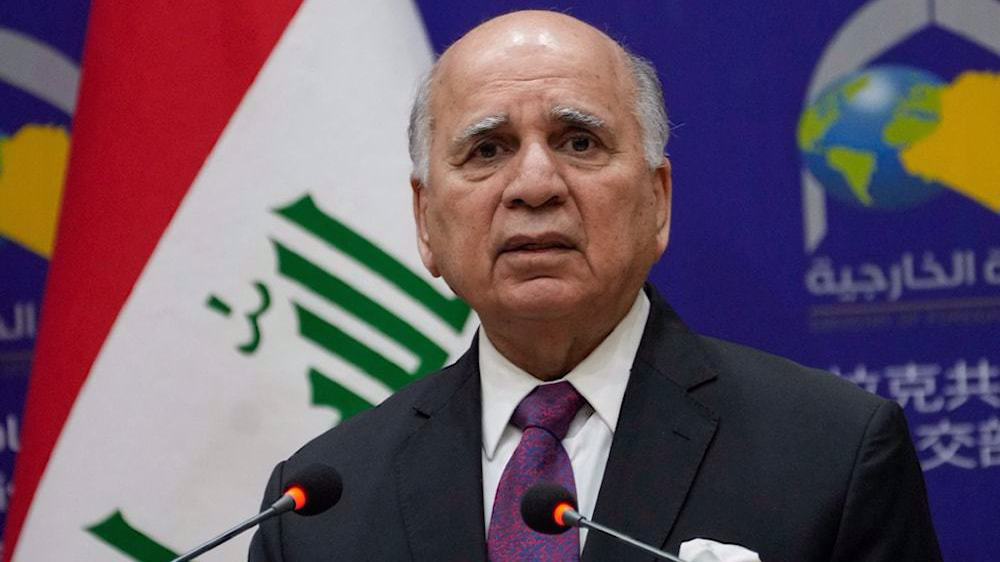




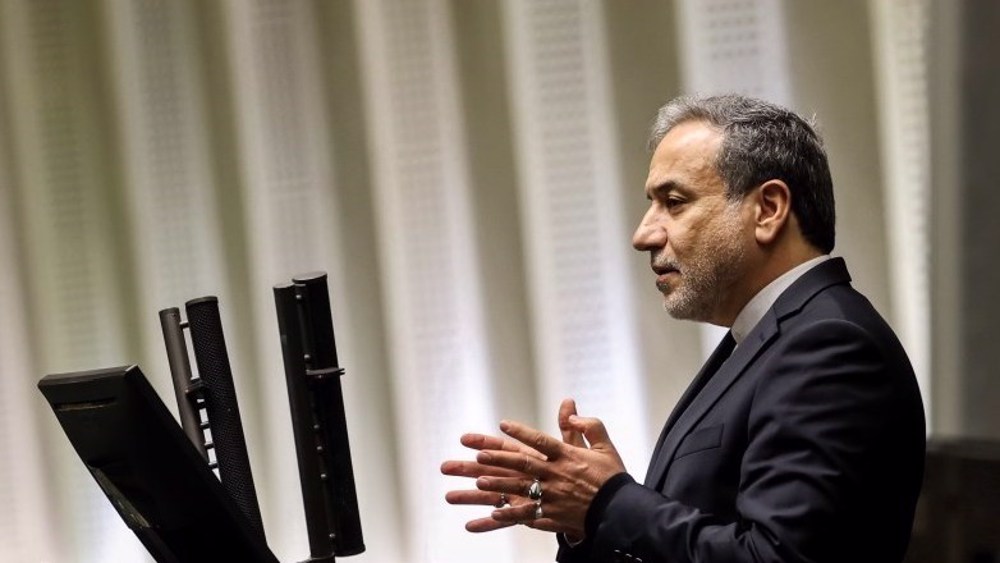
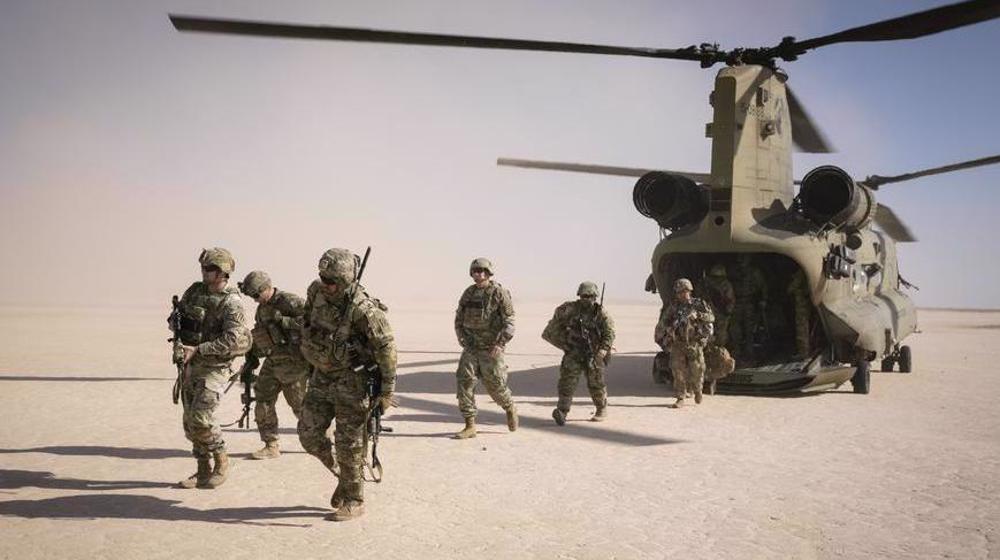
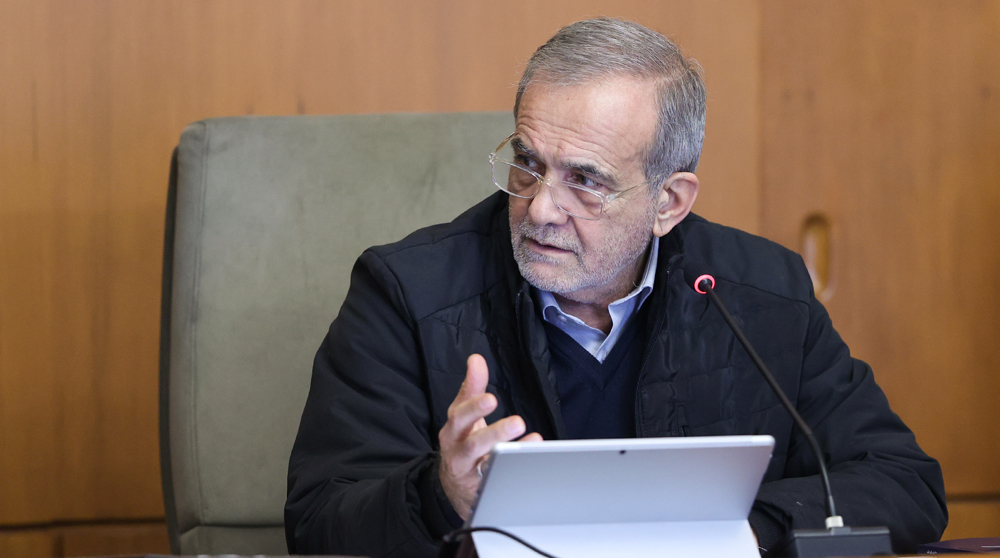

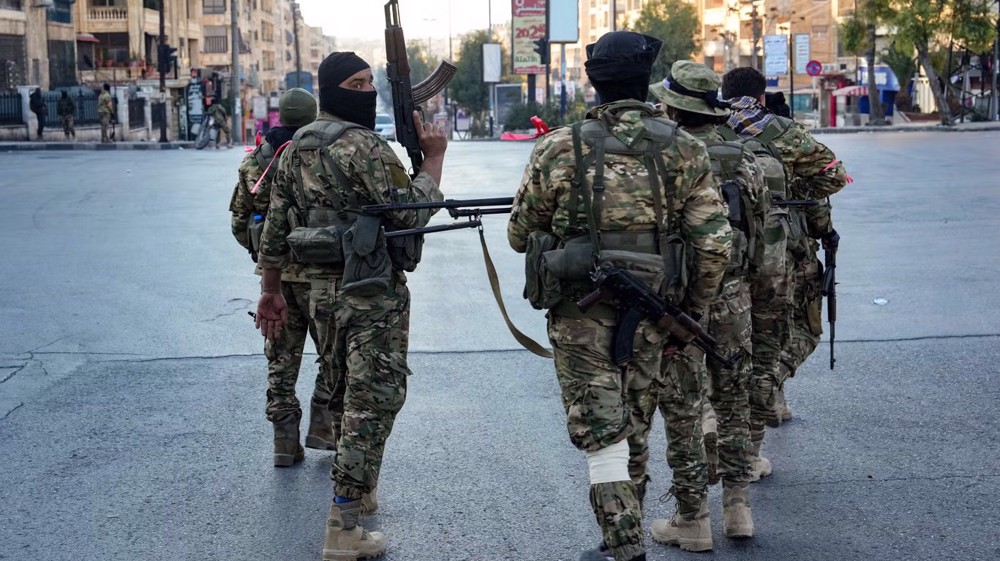

 This makes it easy to access the Press TV website
This makes it easy to access the Press TV website